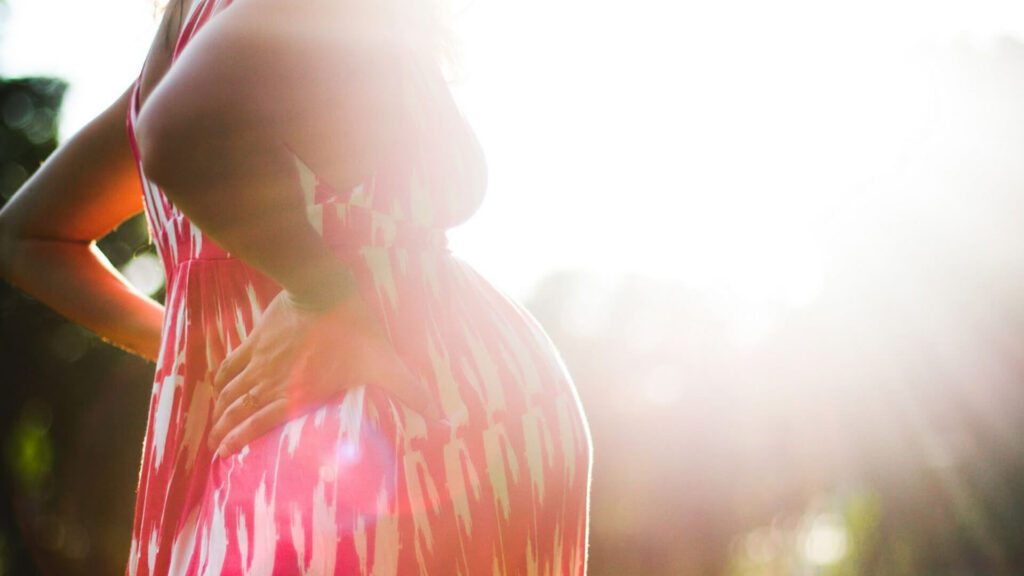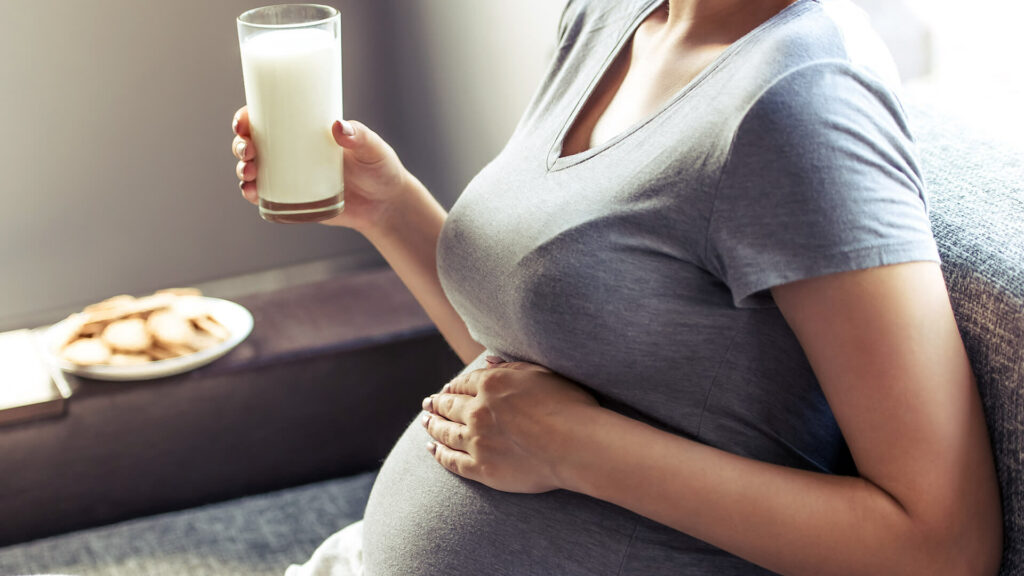Despite being present in many foods, iodine deficiency is still a health concern in many places. In Australia and New Zealand it is recommended that pregnant women get 220µg of iodine per day.
Most foods are relatively low in iodine. Seafood is a good source of iodine, as well as eggs and some dairy products. Australian and New Zealand governments have made it a requirement for iodised salt to be used in all breads (except organic) to help improve dietary iodine intake.
You might be interested in

Essential fatty acids and your pregnancy diet
- Long-chain polyunsaturated fatty acids (LCPs) help your baby develop during pregnancy
- Omega-3 and Omega-6 are essential fatty acids because they can only be obtained through diet
- Omega-3 supports a baby’s heart, brain and vision. Omega-6 supports heart health and positively affects cholesterol

Healthy weight gain during pregnancy
Whilst it’s normal to gain some weight during pregnancy, gaining too much weight during pregnancy can impact you and your baby’s health. For example, it can increase your risk of developing gestational diabetes (diabetes during pregnancy) and your baby’s risk of becoming overweight or obese later in life. It is important to only gain the recommended weight gain based on your pre-pregnancy BMI.
